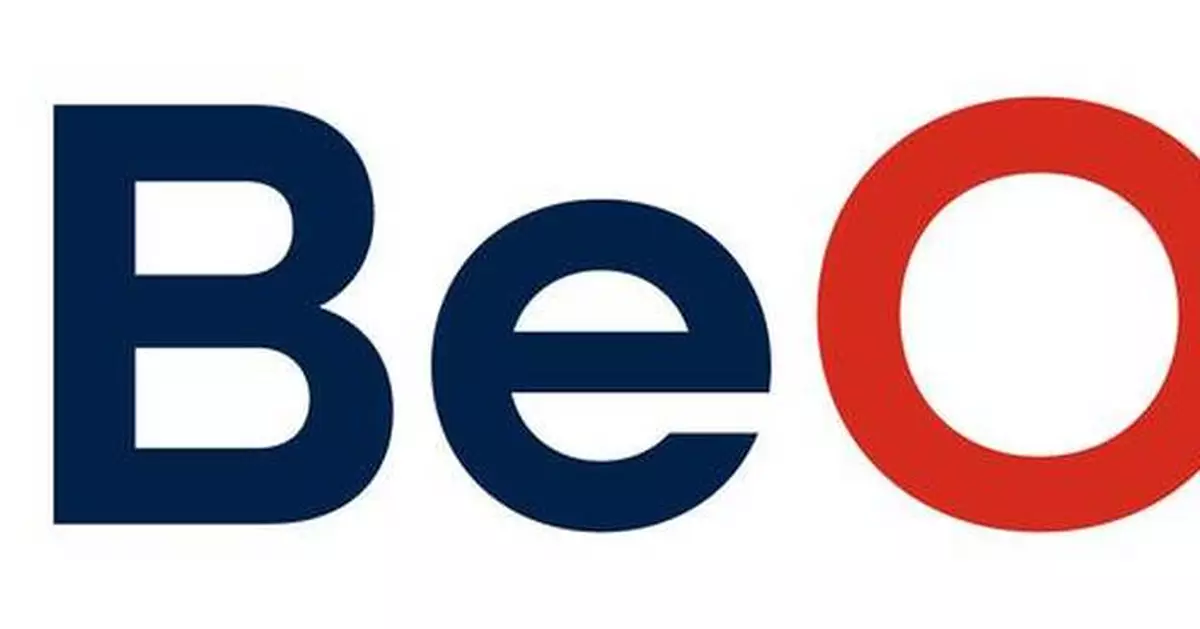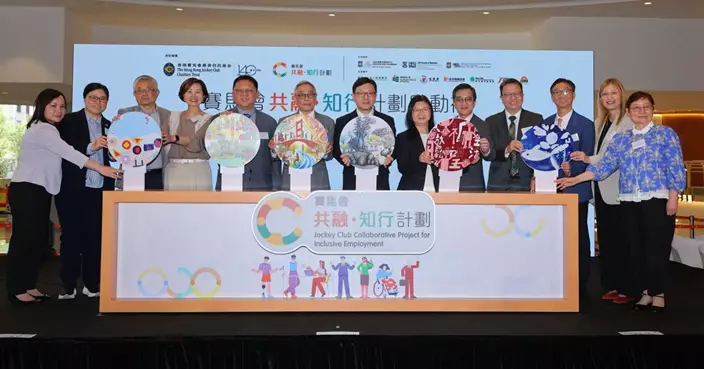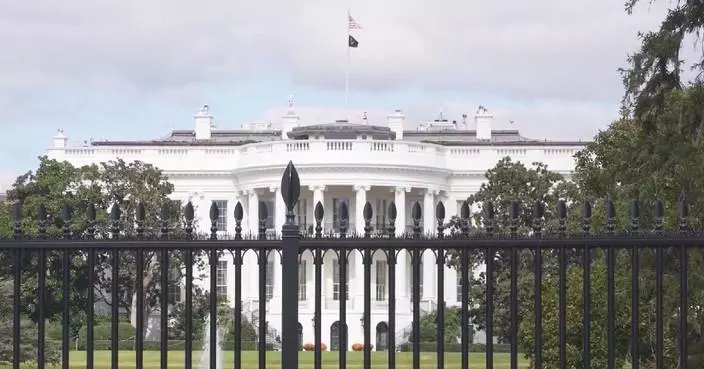SAN MATEO, Calif. & BASEL, Switzerland--(BUSINESS WIRE)--Nov 14, 2024--
BeiGene, Ltd. (NASDAQ: BGNE; HKEX: 06160; SSE: 688235), a global oncology company, today announced its intent to change the Company’s name to BeOne Medicines Ltd., confirming its commitment to develop innovative medicines to eliminate cancer by partnering with the global community to serve as many patients as possible.
This press release features multimedia. View the full release here: https://www.businesswire.com/news/home/20241114671168/en/
“Cancer, a leading cause of death worldwide, exacts an immense toll on individuals, families, and communities. No person, family, scientist, clinician, hospital, policy maker, company or country can or should face this devastating disease alone. We all must work together to win, which is why we are committed to playing a critical role and unifying the global community in the fight against cancer. Our focus is to not only bring innovative medicines to as many people as possible, but also to identify and address the challenges that impede access, making treatments more accessible and affordable,” said John V. Oyler, Co-Founder, Chairman and CEO at BeiGene. “We have already helped more than 1.4 million patients, and with one of the most prolific oncology pipelines, this year we will bring more than 10 new potential medicines into the clinic. I look forward to our next chapter of growth as BeOne.”
About Our Brand Evolution: BeOne Medicines
The proposed new name and logo illustrates our focus on coming together against cancer. Key attributes of the new logo design include:
The new name is part of a broader strategic growth plan that has enabled the Company’s global oncology leadership since its inception in 2010. The Company recently reported $1 billion in quarterly total revenue driven by strong growth in product revenue in the U.S. and Europe. To support its expansive clinical portfolio and global growth, the Company opened its $800 million flagship clinical R&D and manufacturing facility at the Princeton West Innovation Campus in Hopewell, N.J. in July. Once the name is approved by shareholders, the company’s stock ticker on Nasdaq will change to “ONC”.
The Company’s nearly 11,000 colleagues have advanced more than 20 molecules into the clinic and secured regulatory approvals across five continents, and its unique global clinical team comprised of more than 1,800 colleagues conducts clinical trials across Europe, North and South America, Australia, and Asia in more than 45 countries. Its portfolio strategy emphasizes rapid generation of early-stage clinical proof-of-concept data enabled by its speed- and cost-advantaged (“Fast to Proof of Concept”) approach to global clinical operations. The Company has solidified its leadership in hematology with BRUKINSA ® (zanubrutinib), which has the broadest label of any BTK inhibitor and, in the U.S., is the leader in new patient starts in both frontline and relapsed/refractory chronic lymphocytic leukemia in addition to all other approved B-cell malignancies. The Company is advancing this impactful therapy, which is approved in more than 70 markets, as the cornerstone of its hematology franchise as a monotherapy and as a backbone for potential best-in-class combinations with late-stage BCL2 inhibitor sonrotoclax and BTK degrader BGB-16673. In addition, the Company is focused on growing its leadership in solid tumors with its PD-1 inhibitor TEVIMBRA ® (tislelizumab) and by advancing potential best-in-class assets for breast, lung and gastrointestinal cancers across several modalities, including antibody drug conjugates, multi-specific antibodies, targeted protein degraders, and small molecule inhibitors.
About BeiGene
BeiGene, which plans to change its name to BeOne Medicines, is a global oncology company that is discovering and developing innovative treatments that are more affordable and accessible to cancer patients worldwide. With a broad portfolio, we are expediting development of our diverse pipeline of novel therapeutics through our internal capabilities and collaborations. We are committed to radically improving access to medicines for far more patients who need them. Our growing global team of nearly 11,000 colleagues spans five continents. To learn more about BeiGene, please visit www.beigene.com and follow us on LinkedIn, X (formerly known as Twitter), Facebook and Instagram.
Forward-Looking Statements
This press release contains forward-looking statements within the meaning of the Private Securities Litigation Reform Act of 1995 and other federal securities laws, including statements regarding BeiGene’s ability to develop innovative medicines and partner with the global community; BeiGene’s ability to make treatments more accessible and affordable; the future growth of the Company; and BeiGene’s plans, commitments, aspirations and goals under the caption “About BeiGene”. Actual results may differ materially from those indicated in the forward-looking statements as a result of various important factors, including BeiGene’s ability to demonstrate the efficacy and safety of its drug candidates; the clinical results for its drug candidates, which may not support further development or marketing approval; actions of regulatory agencies, which may affect the initiation, timing and progress of clinical trials and marketing approval; BeiGene’s ability to achieve commercial success for its marketed medicines and drug candidates, if approved; BeiGene's ability to obtain and maintain protection of intellectual property for its medicines and technology; BeiGene’s reliance on third parties to conduct drug development, manufacturing, commercialization, and other services; BeiGene’s limited experience in obtaining regulatory approvals and commercializing pharmaceutical products; BeiGene’s ability to obtain additional funding for operations and to complete the development of its drug candidates and achieve and maintain profitability; and those risks more fully discussed in the section entitled “Risk Factors” in BeiGene’s most recent quarterly report on Form 10-Q, as well as discussions of potential risks, uncertainties, and other important factors in BeiGene’s subsequent filings with the U.S. Securities and Exchange Commission. All information in this press release is as of the date of this press release, and BeiGene undertakes no duty to update such information unless required by law.
To access BeiGene media resources, please visit our News & Media site.


(Graphic: Business Wire)


















































